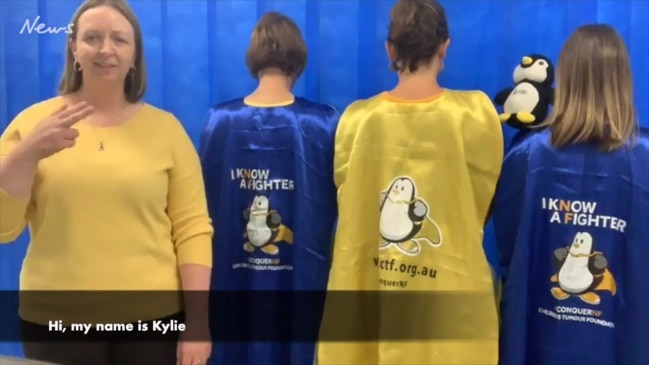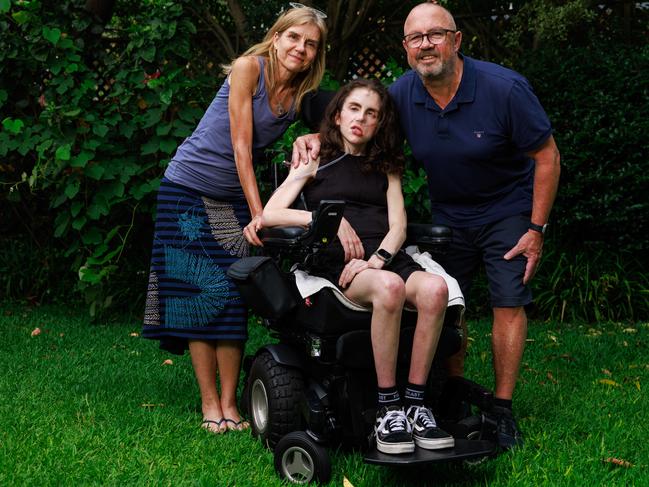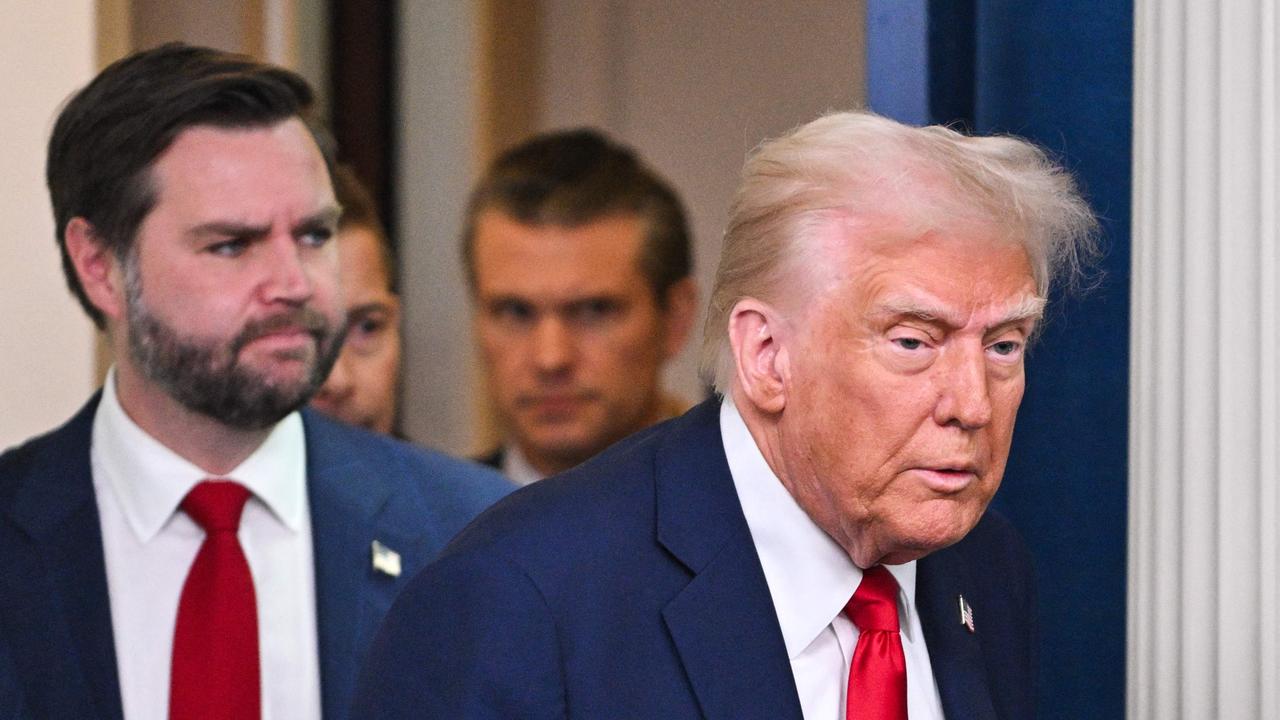Jessica Lawrence’s meds cost her family $75k a year because they’re not listed on the PBS
Medications that are subsidised for cancer sufferers are critical to Jess Lawrence’s wellbeing, but because the 25-year-old has a rare disease, those same drugs cost her family $75,000 a year.

NSW
Don't miss out on the headlines from NSW. Followed categories will be added to My News.
It was the day their world stood still.
Called to a Sydney specialist’s office, Grant Lawrence and his wife Monica Andersson were told their fun-loving 14-year-old daughter Jessica was riddled with tumours from a rare genetic disease.
Now 25, Jess has undergone multiple high-risk surgeries, lost her hearing, uses a wheelchair, is unable to speak and receives palliative care.
She communicates with her family through sign language and letter boards.
Jess suffers from an aggressive form of neurofibromatosis type 2 (NF2), where benign tumours grow on nerves throughout the body. One operation to remove a large tumour from around her brain stem took 16 hours, followed by five weeks in an induced coma and four months in intensive care.

Her treatments over the past decade have included drugs related to those used for bowel, breast and lung cancer patients.
But while patients with common diseases can access subsidised medicines via the Pharmaceutical Benefits Scheme (PBS), those with rare diseases struggle for the same support unless the drugs are considered condition-specific. The body of evidence required for regulatory approvals and the costs associated with the research becomes problematic when it involves only a small number of patients.
It means the Lawrences have faced significant costs of up to $75,000 a year to access critical medicines for Jess which are not listed on the PBS.
“There’s one chemotherapy-type treatment that has been used in a trial in Boston that’s available for $4700 for seven tablets – that’s a week’s worth,” Mr Lawrence said.
“You can access it here but it’s not specifically for NF2 and it’s not available through the PBS.
“We’re throwing everything at it because that’s what you do for your kids.
“But I guess the message I have for government is this – people with rare diseases should get more help with their treatments. They shouldn’t have to rely on finding significant resources, or hope drug companies come to the party and help out on compassionate grounds.
“I’d love to see government try to ensure medicines are more accessible and more affordable.
“We’ve seen one drug approved in the UK which might be an option, but it’s not approved here. Why can’t we share research and approvals?”
Mr Lawrence described his daughter as “an amazing fighter”.
“She’s now 25 and has never had the chance to travel, to work, to go to parties like other kids,” he said.
“But she just keeps bouncing back. She’s an inspiration to us.”
Jess and her family have set up a GoFundMe page to assist with her treatment at gofundme.com/f/help-support-jess039s-battle
Originally published as Jessica Lawrence’s meds cost her family $75k a year because they’re not listed on the PBS


